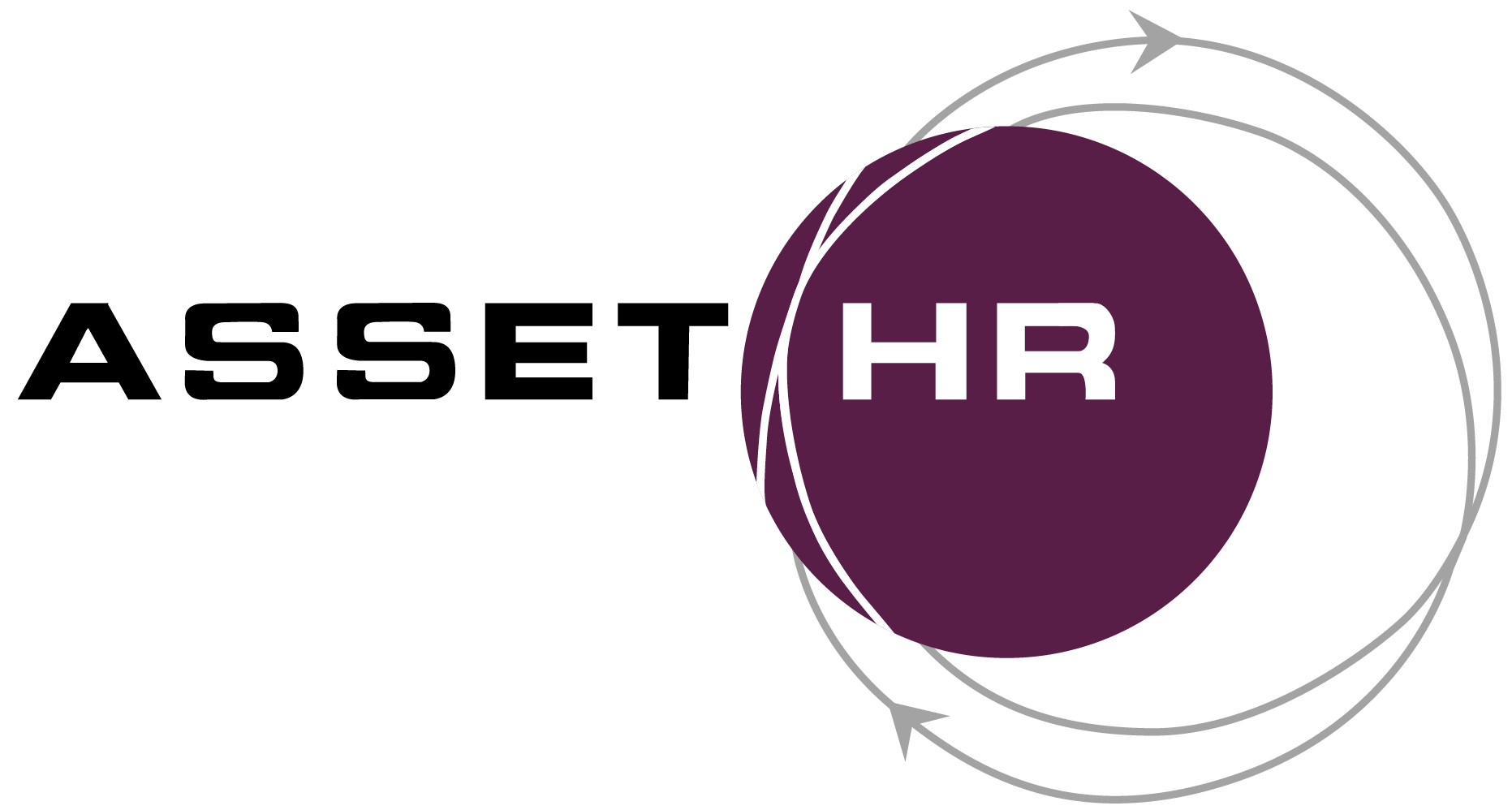The Future of Leadership: 5 Trends to Adopt in 2024

Leadership is not just about managing and directing a team to achieve results – it’s also about anticipating and adapting to changes in the business world. As we progress through 2024, HR leaders must stay ahead of the curve and prepare themselves for the latest trends that will define the workforce. In this blog, we’ll explore the top five leadership trends that will be prominent in 2024 and how they can be embraced to drive success.
1. Leadership with a Focus on Wellbeing
With the COVID-19 pandemic transforming remote work into becoming the norm, the importance of employee wellbeing has skyrocketed. Leaders who prioritize this aspect of their teams can boost productivity, enhance retention rates, and foster a healthier work-life balance. In 2024, we can expect to see wellbeing becoming a central feature of good leadership. This could mean organizing regular mental health check-ins, promoting flexible schedules, or even incorporating wellness benefits into employees’ packages. By prioritizing wellbeing, leaders can create a positive work environment and care for their team’s mental and physical health.
2. AI Empowering Leadership
Artificial intelligence is already revolutionizing how businesses operate and is set to play an increasingly influential role in the workplace. In 2024, leaders leveraging AI tools, including chatbots, automation, and data analytics, will be ahead of the curve. AI can simplify workflows, enhance decision-making, and make it easier for leaders to communicate with their teams. Furthermore, leaders who embrace this technology will have a competitive edge in recruiting – when it is applied correctly. Partner with our team for comprehensive and compliant tools that reduce the workload for your people without losing the human touch that sets your organization apart.
3. Emotionally Intelligent Leadership
Emotional intelligence has been a buzzword in HR circles for a few years, but in 2024, we can expect it to take center stage. Emotional intelligence involves being able to understand and manage one’s own emotions, as well as the emotions of others. Strong emotional intelligence enables leaders to communicate effectively, build relationships, and handle conflict. Leaders can foster more inclusive, supportive, and productive work environments by cultivating this trait. Connect with us to learn more about our Leadership Development programs and how we can help you build a pipeline of leaders from within.
4. Emphasis on Equality and Diversity
To foster an inclusive culture and protect against biases of all kinds, leaders need to emphasize equality and diversity in the workplace. This could mean promoting affirmative action policies, fostering a culture of acceptance and respect, and providing opportunities for underrepresented groups. By prioritizing diversity, leaders can drive innovation, increase retention, and boost team morale.
5. Flexible and Hybrid Leadership Styles
Gone are the days of rigid hierarchy and command-and-control leadership. Instead, leaders now need to be flexible and adaptable in their approach. This could mean adopting a hybrid model, which combines elements of top-down and bottom-up leadership styles. Hybrid leaders can delegate responsibilities, encourage employee input, and create a culture of continuous learning. This approach boosts employee engagement and helps organizations reach their goals.
Navigate These Evolving Trends for a Thriving Work Environment
Leadership trends are constantly evolving, and HR leaders must stay informed and adaptable. By adopting these trends and incorporating them into a leadership style, HR leaders can pave the way for a more effective and supportive work environment in the years to come. At Relevant Movement, we offer leadership coaching to help your people be the best leaders they can be. Contact us to learn how we can help you adopt these leadership trends in your organization.
